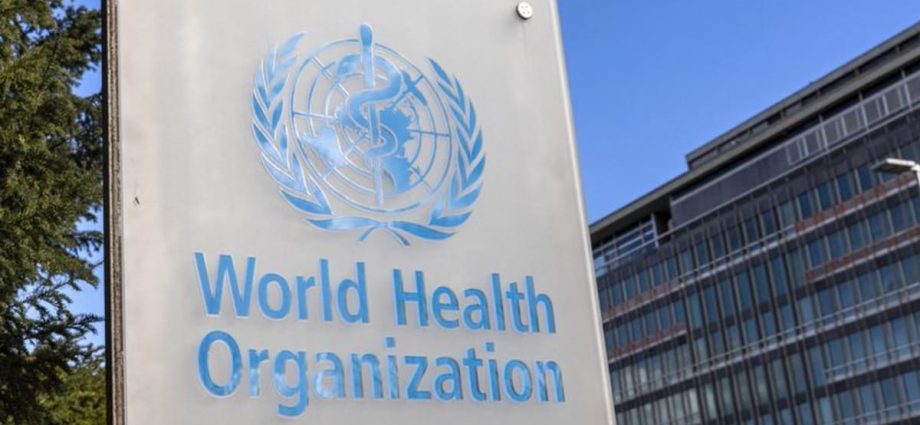
In January, the WHO named four other countries it was working with – Timor Leste, Cambodia, Senegal and the Philippines – to track whether any of the tainted syrups had reached their markets.
There is no current risk to the population in the countries the WHO has named, Kuwana said, either because contaminated medicines had been pulled from shelves or because they never reached the market in the first place.
The countries’ governments either confirmed this, said there was only minimal risk, or did not respond to requests for comment.
The WHO said it has also offered help to Liberia and Cameroon – which recently signalled that it too may have contaminated cough syrups for sale.
Cameroon’s health regulator said in April it was investigating the deaths of six children linked to a cough syrup branded as Naturcold. The manufacturer named on the packet is China’s Fraken Group, which did not immediately respond to requests for comment.
But the Cameroon authorities said in an alert the medicine was bought from unauthorised sources and possibly smuggled in. They did not respond to requests for more information.
Other manufacturers identified in the current spate of incidents are largely Indian-based. Two companies whose products have been linked to deaths have been shuttered by the authorities there: Maiden Pharmaceuticals, which sold syrups to Gambia, and Marion Biotech, whose syrups went to Uzbekistan.
Naresh Kumar Goyal, the founder of Maiden Pharmaceuticals, told Reuters in December his company did nothing wrong in the production of the cough syrup. Marion Biotech has not responded to requests for comment.
Besides these cases, Indian-made medicines supplied to the Marshall Islands and Micronesia have been recalled after Australian laboratory tests showing contamination prompted a WHO safety alert. The manufacturer, QP Pharmachem, told Reuters earlier this year that its own tests had found no issues.
The contaminated syrups in Liberia were made by India’s Synercare Mumbai, according to the Nigerian regulator. The Liberian health regulator said it plans to incinerate the stock and will recall two other Synercare products as well, as a precaution.
Synercare did not respond to a request for comment.
NOT RECOMMENDED
Since 2001, the WHO has recommended against giving cough syrups to children aged under five, because it says there is limited evidence of how effective they are, or what side effects they may have.
There have also been at least five incidents in the last half century when paracetamol and cough medicines were contaminated with deadly chemicals, in countries including India and Panama, although the spate of deaths last year is the deadliest on record.
The WHO has also urged all countries to step up surveillance and offered support to concerned countries that do not have the resources to test their own medicines.
“It’s not over certainly,” said Kuwana. “But we don’t need to panic, as a lot of countries are now being proactive.”

